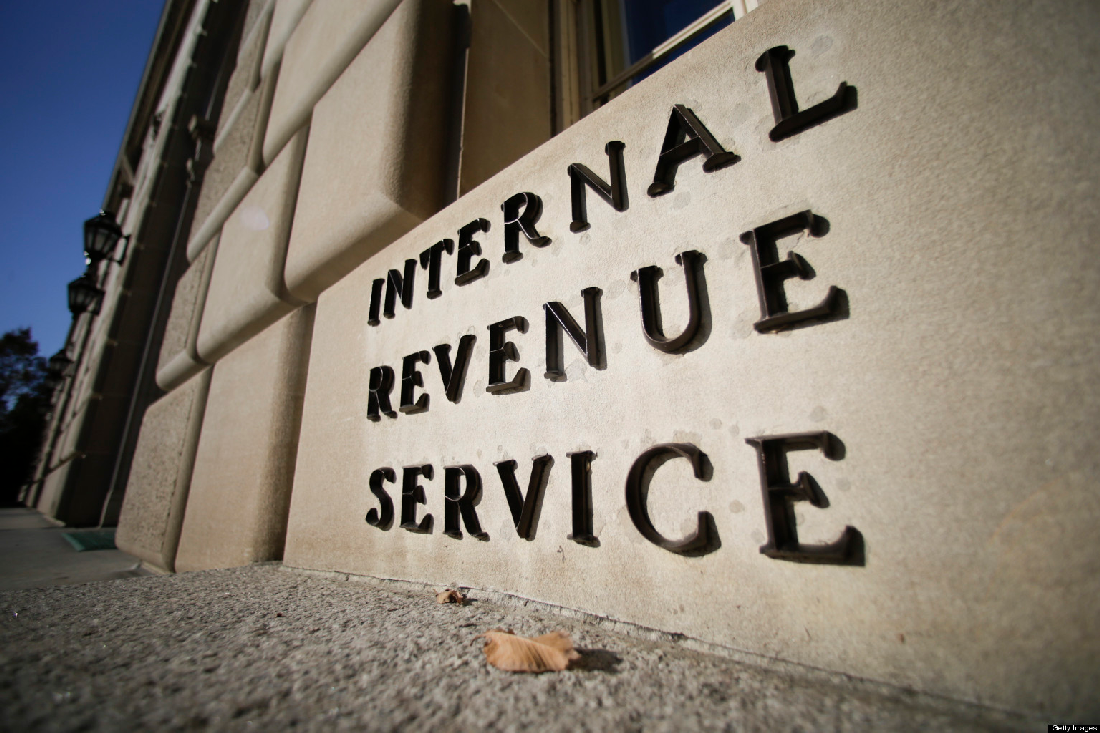A new government watchdog report revealing that nearly 150,000 federal employees owe a staggering $1.5 billion in unpaid taxes has ignited widespread backlash and prompted calls for sweeping reform—including legislation that would fire IRS agents who themselves fail to pay their taxes.
Appearing on Chicago’s Morning Answer with Amy Jacobson and John Anthony, economist Jon Hartley called the situation “outrageous” and symptomatic of a larger problem of unchecked government waste and lack of accountability.
“It’s the classic case of rules for thee but not for me,” said Hartley, a senior fellow at the Foundation for Research on Equal Opportunity and host of the Capitalism and Freedom in the 21st Century podcast.
The issue, which came to light thanks to data from the Treasury Inspector General for Tax Administration (TIGTA), found that over 3,300 current IRS employees and 2,400 contractors owe more than $29 million in back taxes—many of whom are not on any kind of payment plan.
In response, Senator Joni Ernst (R-IA) has introduced the Tax Dodger Act, which would require the IRS to annually audit its own employees and terminate those who are found to be tax delinquents.
Hartley supports the bill but is skeptical about its legislative prospects. “It’s going to be hard to pass,” he said. “The Democratic Party protects civil servants, and Washington, D.C. bureaucracy overwhelmingly votes Democrat.”
The broader issue, Hartley argues, is the lack of transparency inside the federal government—a problem that is slowly being addressed by Doge (Department of Government Efficiency), the private-public partnership spearheaded by Elon Musk and supported by policy analyst Sam Corcos. According to Hartley, Doge has exposed extensive bureaucratic inefficiencies, outdated systems, and even sweetheart contracts with politically connected firms.
“Some of these problems border on corruption,” he warned.
Shifting gears, Hartley also weighed in on modern monetary theory (MMT), calling it “a dangerous fairy tale.” MMT posits that governments that print their own currency can spend without limits and never default—an idea Hartley says has contributed to reckless government spending and the inflation crisis of recent years.
“It gave politicians a license to spend well beyond what was needed,” he said, especially during the pandemic.
Turning to decentralized finance, Hartley offered a cautious view of Bitcoin. While acknowledging its speculative appeal, he questioned its viability as a true currency or inflation hedge. “It’s more like a volatile tech stock at this point than a real alternative to fiat currency,” he said.
The conversation also touched on tariffs and global trade. Trump’s recent tariff announcements—paired with exemptions on products like smartphones and semiconductors—have triggered uncertainty in markets. Hartley noted that while a 90-day pause on additional tariffs may help calm volatility, it’s unclear whether the deadline is firm or could shift again.
“There’s a lot of market movement right now. This could be a rolling deadline depending on negotiations,” he said.
With over 100 countries now negotiating separate tariff deals with the U.S., Hartley stressed the importance of clarity and speed. “The longer the uncertainty lingers, the greater the risk to both consumer prices and international stability.”
Finally, Hartley discussed potential replacements for Federal Reserve Chair Jerome Powell, whose term ends in May 2026. He floated names like Kevin Warsh and Christopher Waller, and even speculated that current Treasury Secretary Scott Bessent could be in the mix. All, he said, would represent a shift toward more rules-based, inflation-conscious monetary policy.
While he doesn’t advocate returning to a gold standard, Hartley does believe the Fed needs to return to core economic principles. “We need a central bank that isn’t afraid to fight inflation and follows a consistent framework,” he said.
In closing, Hartley emphasized that whether it’s tax-dodging bureaucrats, misguided monetary theories, or trade uncertainty, the path forward lies in renewed discipline, transparency, and economic common sense.
“We need a government that works for the American people, not just for itself,” he said.





